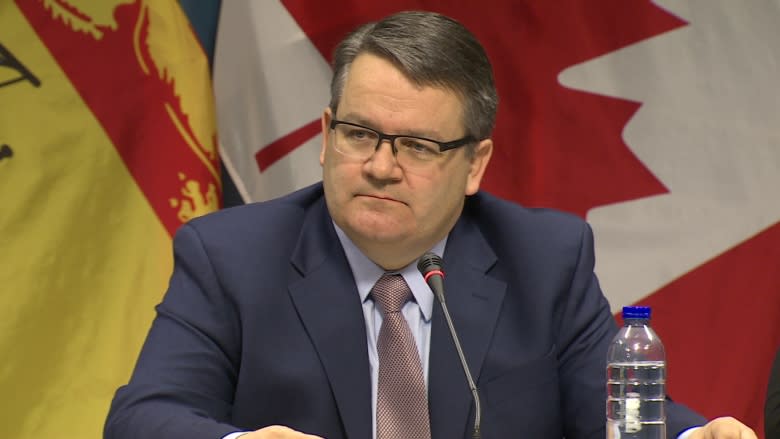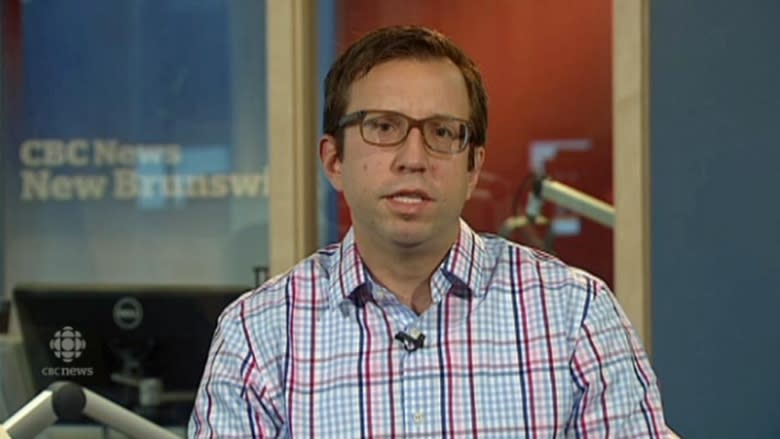Province wants mandatory civics courses to increase young voter turnout
The provincial government wants to introduce mandatory civics courses in high schools to increase young voter turnout, along with several other initiatives.
The announcement came a day after the government's decision to not lower the voting age to 16 from 18, unless approved at a May 2020 referendum.
Premier Brian Gallant said in a press release Tuesday that the province first needs to boost its turnout rates, "which are currently unacceptably low, especially among younger voters."
Civics means learning about citizenship, how Canada is governed and people's rights and duties as Canadians. Yet, across much of Canada, including New Brunswick, civics studies are rolled into high school history and social studies classes. Many of the courses are electives.
A model on civics and enhanced civics education programs in schools was recommended by the New Brunswick Commission on Electoral Reform. The commission also recommended lowering the voting age.
The government now wants to partner with teachers and Elections New Brunswick to implement several initiatives that could help boost turnout rates.
Initiatives not new, says Elections NB
These could include making voting more accessible at university and college campuses, creating an advertising campaign geared specifically towards young voters, and hiring youth outreach officers to encourage others to vote.
Until Tuesday, Elections NB had not heard about the government's plans. But most of the initiatives mentioned in the press release already exist, said chief electoral officer Kim Poffenroth.
During the 2014 election, for example, Elections NB created voting campaigns directed at post-secondary students and was present on 13 campuses. It also created a high school employment program in 2008 that connected students directly with the electoral process, said Poffenroth.
"We are taking a lot of steps into the direction," she said. "But we are certainly looking forward to working with the Department of Education to further improve engagement of young workers and university students."
Committed to civic courses
Health Minister Victor Boudreau said the government has not made a final decision on what initiatives it wants to focus on, and may consider others once it meets with Elections NB and the schools.
It wants to build on existing programs and also look at what kind of civic studies are now taught in schools, including those in other jurisdictions, he said.
"I guess what we are committing to here is putting in place a more robust civics education program," he said.
He added that the government has not set a timeline or budget for its plan to increase voter turnout. If possible, he'd like to see something in place by the next school year, he said.
"The commitment here is we want to do more," he said.
Lower voting age still worth considering
Any effort to increase civic education is positive, said J.P. Lewis, a professor of politics at UNB Saint John.
But he also said that the province would still benefit from lowering the voting age.
Lewis said voter turnout is often low between the time when people leave school and when they start working. Often, that's because people move to places they are less familiar with, or they simply don't feel engaged by politics until they grow older, he said.
But if students took mandatory civics courses in grade 10, and were allowed to vote shortly after, "then you probably have them at a time when they learn about politics and pay attention to politics more," he said.
He added that mandatory civics courses are a good idea and will benefit students, even to understand current events and undemocratic processes taking place in other countries right now, he said.
The more educated people are about politics, "the more likely they vote," he said.



